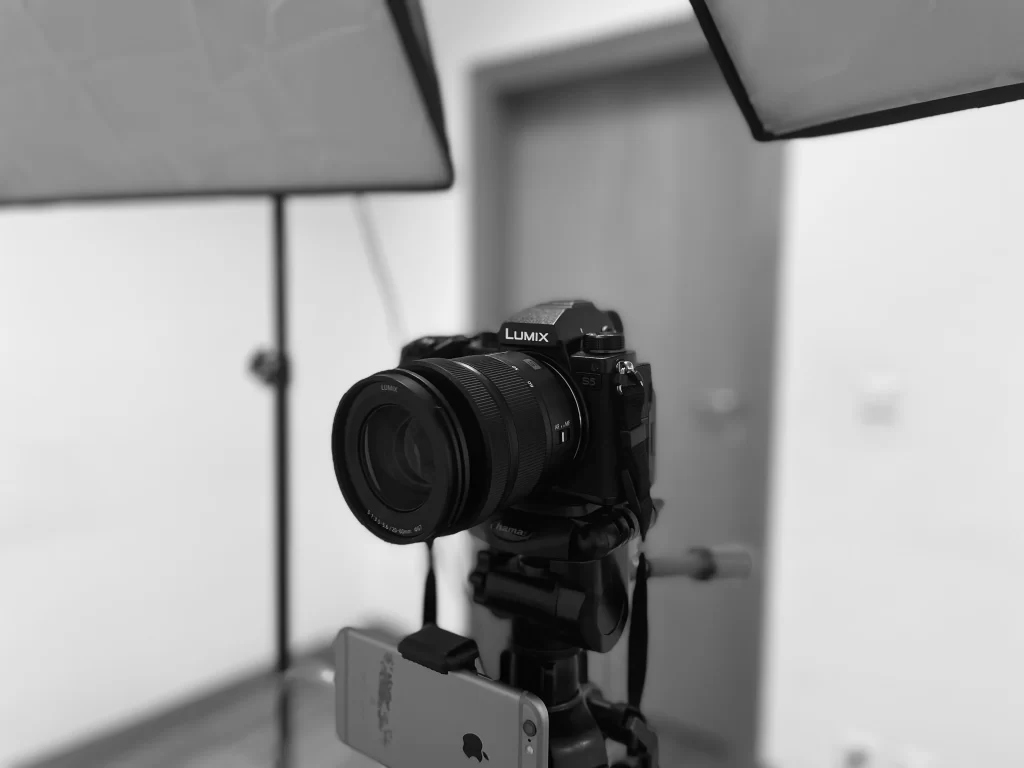This ICAO Compliant Dataset project is part of the FACING2 project.The FACING2 project, developed jointly with the INCM (Imprensa Nacional – Casa da Moeda), started in August 2022 and aims to develop an automatic system for authenticating people through facial recognition of photographs as a result of the FACING project, which run from 2019 to 2021.These photographs must comply with certain requirements that guarantee standardization, in addition to allowing the person represented in the portrait to be properly identified through this image. Compliance with these requirements is based on quality metrics that measure, for example, the framing of the head in the photograph, the contrast with an homogeneous background, the restriction on the use of sunglasses or glasses whose lenses or frames partially or completely cover the eyes, among many others.One of the main institutions to define such type of requirements is the International Civil Aviation Organization (ICAO). In particular, ICAO created Doc 9303 which defines standards for travel documents that can be read by specific devices [1]. In addition to this document, there are others that define requirements for the image in the photograph, its acquisition and its use in the document [2, 3]. All these requirements can be duly verified using image processing techniques, combined with geometric measurements of elements detected in the photograph.One of the tasks of the FACING2 project is therefore the “Verification of compliance with ICAO requirements and face image quality assessment”. For this, 4 sub-tasks were defined:T1.1 Construction of a dataset for testing algorithms for verifying compliance with ICAO, CEN and GNS requirements and standards, among othersT1.2 Study and development of improved versions of algorithms for verifying compliance with ICAO, CEN and GNS requirements and standards, among others, with quantitative assessment of compliance with metricsT1.3 Definition of a global requirements architecture with requirements prioritizationT1.4 Design and development of face image quality assessment (FIQA) methods, in order to obtain a facial photo scoring modelReferences:[1] – Doc 9303 Machine Readable Travel Documents, 2021.[2] – Portrait Quality (Reference Facial Images for MRTD). Technical Report, 2018[3] – A Guide to Biometric Technology in Machine Readable Travel Documents. APEC Business Mobility Group APEC Committee on Trade and Investment. 2007

